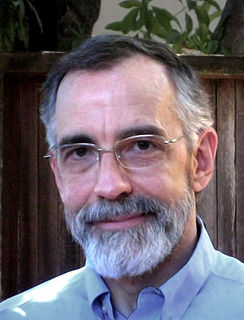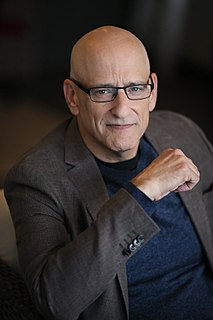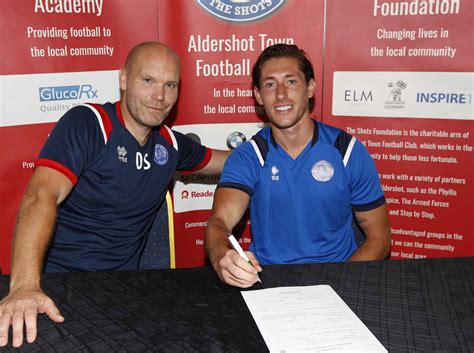A Quote by K. Eric Drexler
Scientists study physical things, then describe them; engineers describe physical things, then build them.
Quote Topics
Related Quotes
The epithet beautiful is used by surgeons to describe operations which their patients describe as ghastly, by physicists to describe methods of measurement which leave sentimentalists cold, by lawyers to describe cases which ruin all the parties to them, and by lovers to describe the objects of their infatuation, however unattractive they may appear to the unaffected spectators.
Nearly everybody nowadays accepts the 'causal completeness of physics' - every physical event (or at least its probability) has a full physical cause. This leaves no room for non-physical things to make a causal difference to physical effects. But it would be absurd to deny that thoughts and feelings (and population movements and economic depressions . . .) cause physical effects. So they must be physical things.
Our times seem to be so much about redefining where we are physical and where we're not. For me, it is really exciting to take the cutting edge technology and take it as far as it can get virtually, use it to describe/control the musicology or the behavior of raw natural elements, and then plug it with a sound source which is the most acoustic one there is - like gamelan and pipe organ. So you get the extremes: very virtual and very physical. In that way you shift the physicality.





































